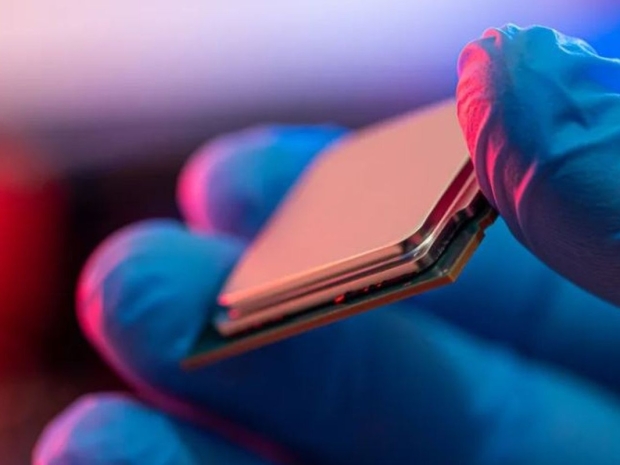According to the South China Morning Post, the Chinese team says its newly minted silicon-free transistor could eventually power chips up to 40 per cent faster than the best Big Tech can cobble together.
Despite the performance boost, the scientists reckon these chips will use 10 per cent less juice. Their findings were published in Nature on 13 February.
Peking University, professor of chemistry Hailin Peng told SCMP: “If chip innovations based on existing materials are considered a 'short cut', then our development of 2D material-based transistors is akin to 'changing lanes'.”
The gains are due to a unique chip architecture. The team built a gate-all-around field-effect transistor (GAAFET), which wraps the gate around the source on all sides instead of just three like a FinFET.
That full wrap gives better electrostatic control, less energy leakage, and the potential for faster switching. But the architecture is not the only novel thing—the material is, too.
Instead of silicon, the PKU team used bismuth oxyselenide—a 2D material they say is more flexible and less brittle than usual. It has higher carrier mobility, meaning electrons zip through it faster, and a beefy dielectric constant helps store energy.
That could be a game-changer. It also gives China a way around current tech bans. Switching to a different manufacturing base lets them leapfrog the usual supply chain headaches.




